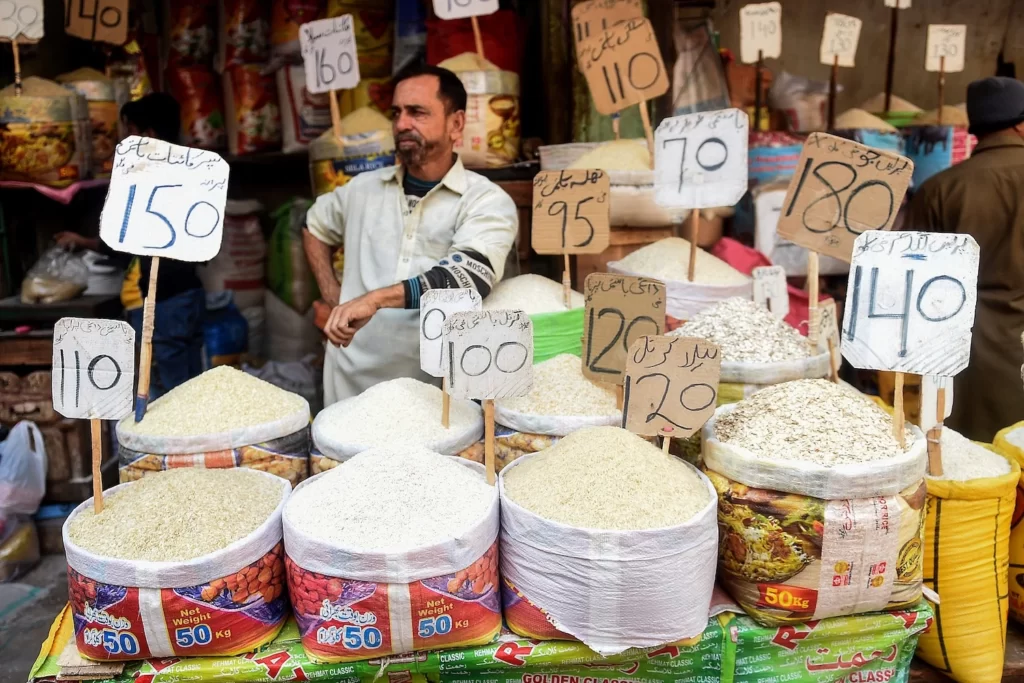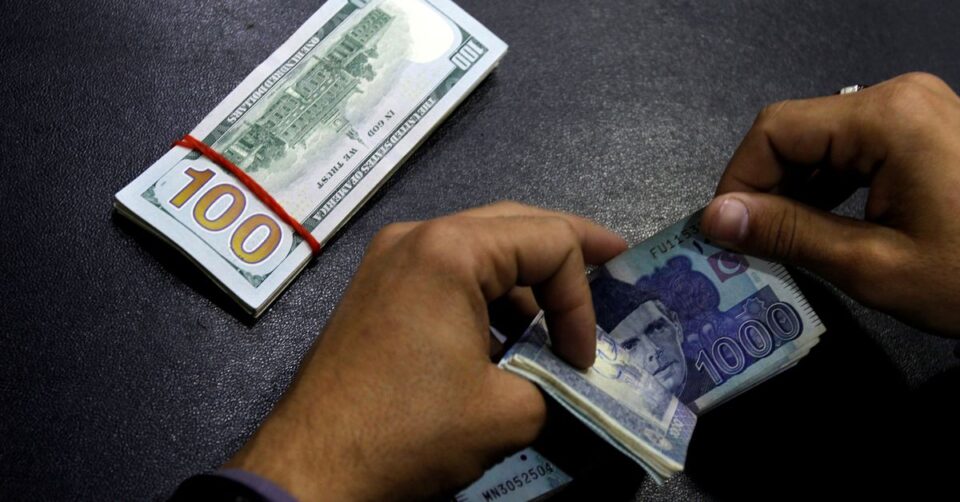According to a study, ghee and cooking oil would be in limited supply in Pakistan, and if the government does not take action to address the situation, most items will become more expensive before the holy month of Ramadan.
The Dawn claimed that despite the raw materials being designated as necessities, Pakistani producers are quickly running out of palm, soybean, and sunflower oil.
Also Read: US announces $3 billion military aid to Ukraine
According to the article, the price of palm oil has already increased to 14,000 per maund from 13,000, which means that the price of ghee and cooking oil would also increase. PVMA’s secretary general, Umer Islam Khan, confirmed this.

In order to lessen the effects of untargeted subsidies, Pakistan has raised the costs of wheat flour, sugar, and ghee for sale through the Utility Stores Corporation (USC) by 25 to 62%, according to The Dawn.
The Benazir Income Support Program (BISP) recipients would not be subject to the price hike, and the USC’s cap on subsidized goods had also been reduced, according to the newspaper.
Also Read: Vivek Agnihotri on Air India incident: “If it was a Khan…”
Geo TV reported that the Pakistani weekly inflation rate increased by 1.09 percent, citing data from the Pakistan Bureau of Statistics (PBS). Price increases were observed for chicken (16.09%), and broken basmati rice (5.16%).
Other items such as wheat flour (4.87%), rice irri-6/9 (3.45%), bananas (2.97%), onions (2.65%), bread (1.24%), powdered salt (1.07%), and pulse moong (1.02%) increased amid overall annual inflation of 30.60%. With this, food inflation in Pakistan increased last month by 32.7% in cities and 37.9% in countryside and towns, respectively.

